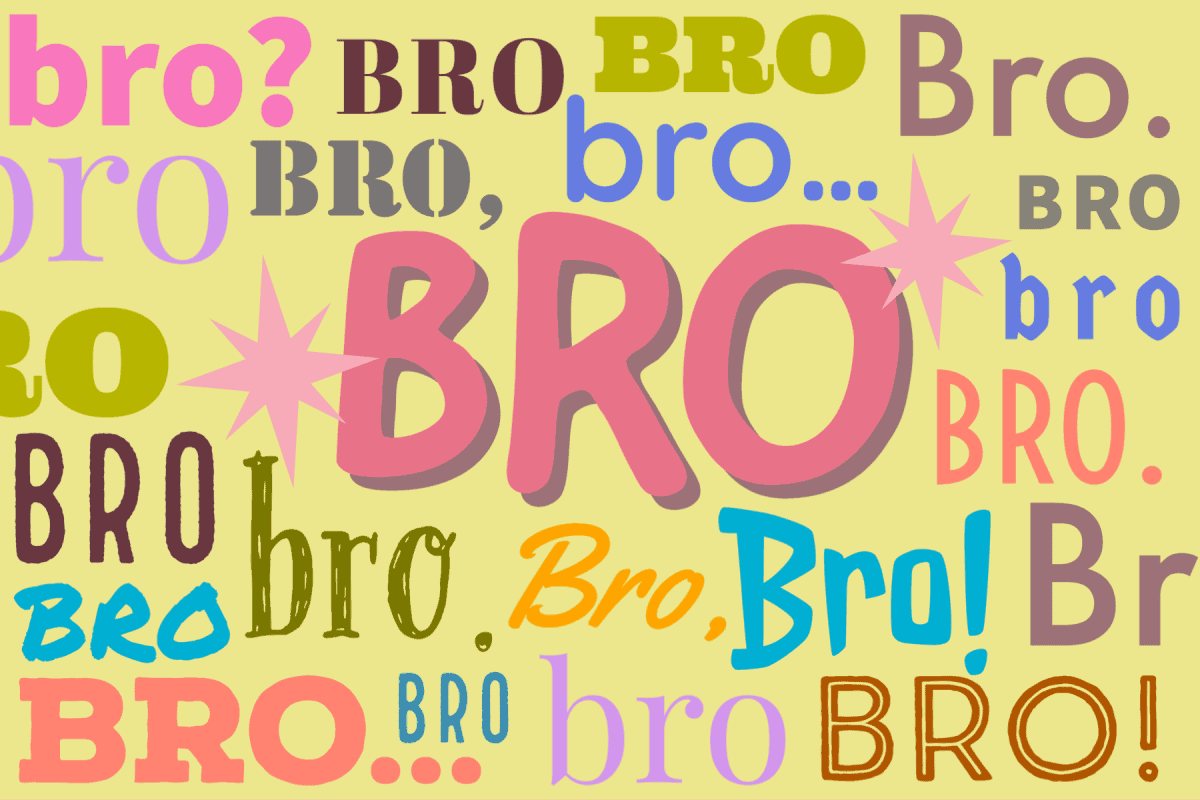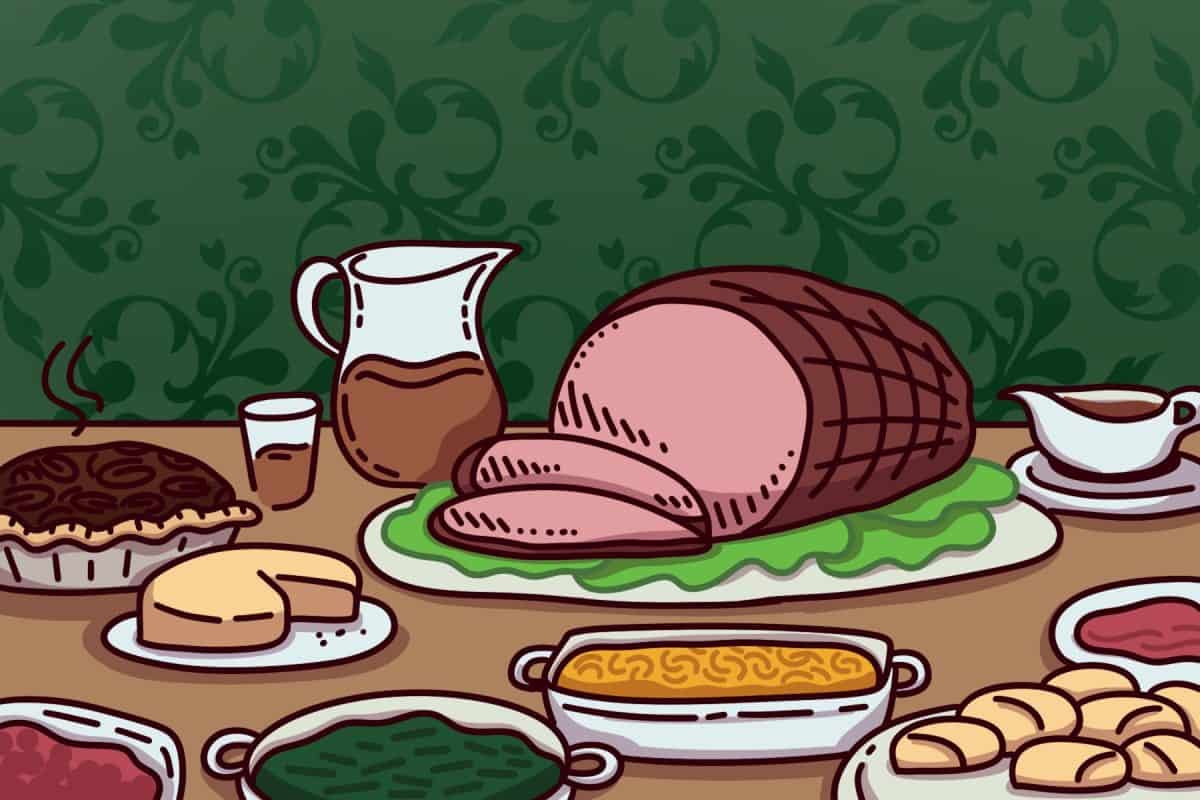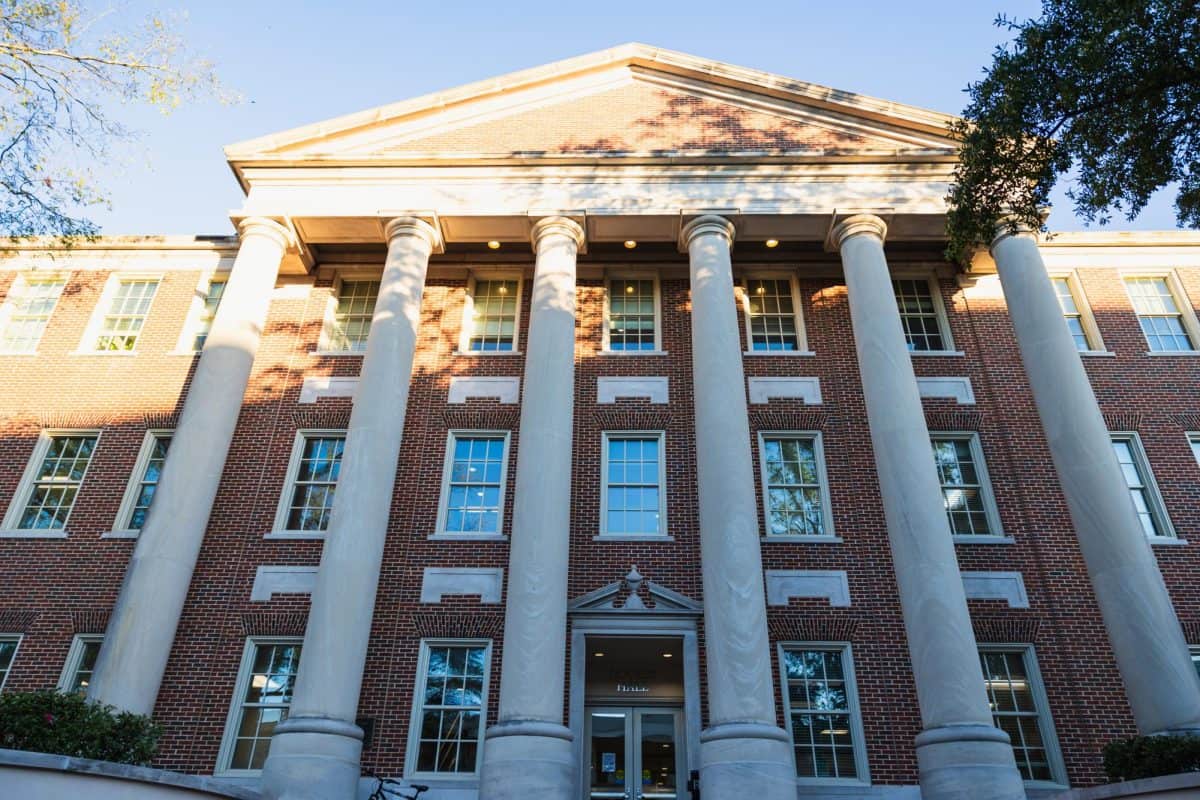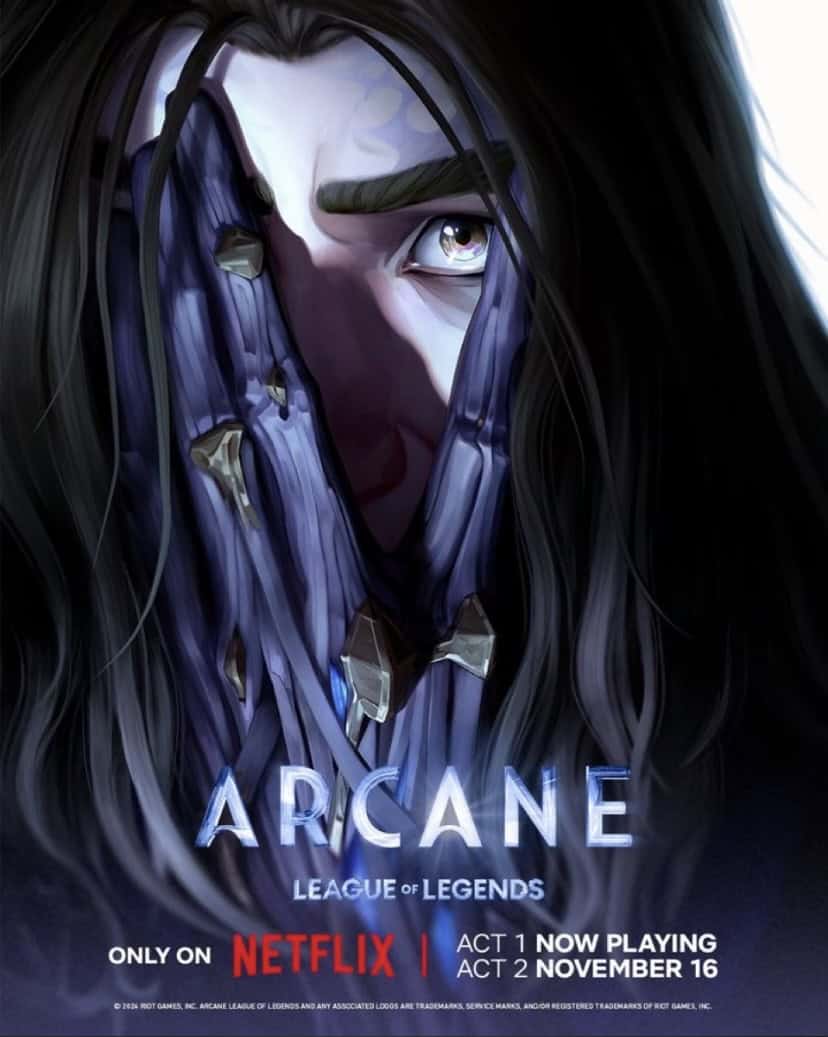“There is no happiness in love, except at the end of an English novel.”
That’s the motto Madeleine Hanna lives by, anyway, in the 1980s college world of Jeffrey Eugenides’s “The Marriage Plot.”
Hanna, a senior majoring in English with an impending graduation date and no idea what she wants to do with the rest of her life, probably isn’t too different from you – especially if you were raised on Jane Austen novels and the sort of early 19th-century happily-ever-after that ends with someone becoming a Mrs. Darcy.
Madeleine Hanna is a hopeless romantic. When her professors and more fashionably cynical classmates argue that the trope of the Jane Austen “marriage plot” is as fantastic and unrealistic as any Grimm’s fairy tale, Hanna closes her eyes and mutters “na-na-na-na-na” under her breath.
Well, not exactly. She also happens to be bright and articulate, and instead, she thinks something like this: “What Thurston was saying seemed to Madeleine both insightful and horribly wrong. It was maybe true, what he said, but it shouldn’t have been.”
Let’s ignore for a moment the fact that a pretentious guy named Thurston really should play a handsome, but sinister rake in an Austen novel. In this book, he’s just a pompous preppy, and maybe that’s just as well.
Madeleine Hanna is also an incurable idealist. After graduation, she, along with her friends, seem somewhat perplexed by the “real world” they’ve finally entered. And it’s really no wonder: She lives in an intellectual circle made of Nietzche-reading classmates like Thurston and professors with names like “Zipperstein” and a boyfriend who makes fun of her drink preferences with quips like, “Sure. Martinis. We can pretend we’re Salinger characters.”
College, clearly, is a far cry from grown-up life. And Madeleine Hanna, bless her heart, is expecting to grow up to be Elizabeth Bennet.
Of course, it wouldn’t be a novel if there weren’t some sort of conflict. And it wouldn’t be a Valentine’s Day book review column if there weren’t some sort of love triangle – am I right? Of course I’m right.
Our heroine, like many a Bennett before her, has two suitors: Leonard Bankhead, the biochem major from semiotics class, and Mitchell Grammaticus (what did I say about these names?), the religious studies guy who emerges from his long library sojourn with Meister Eckhart with the total conviction that Madeleine is his soul mate.
What’s an Austen devotee to do?
Well, marry one of them, naturally.
To Madeleine Hanna’s puzzlement and most readers’ exasperated sighs, the traditional marriage plot takes a twist in Eugenides’s new take on an old trope. This might not be the book to read on Valentine’s Day. But it’s a great read on a day when you’re not swamped in sentimentalism. Like tomorrow, for instance.
Readers might also like… “The Dovekeepers,” by Alice Hoffman; “The Fault in Our Stars,” by John Green; “Death Comes to Pemberley,” by P.D. James; “The Paris Wife,” by Paula McLain.








